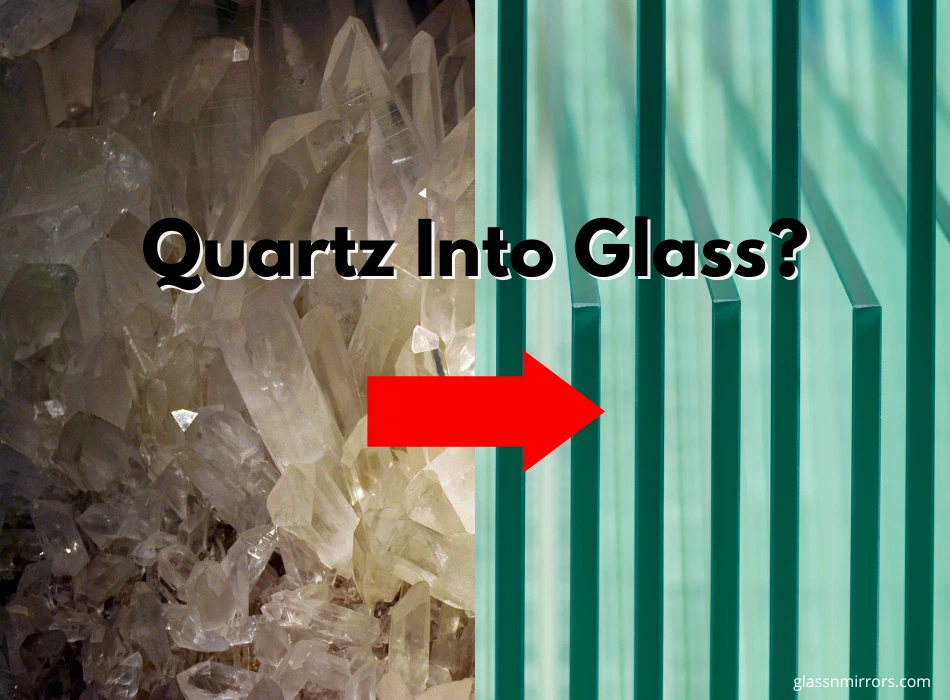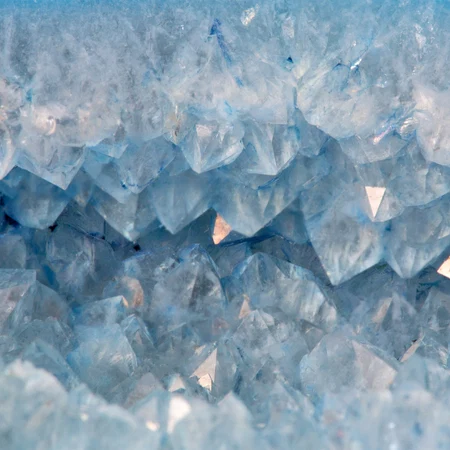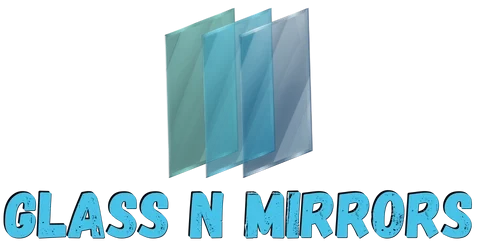Glass making is a process that involves heating and cooling sand and other minerals. You may wonder whether it is possible to make glass out of quartz.
Glass is made from sand, which is mostly quartz. However, pure quartz sand is not suitable for making glass. Impurities must be added to the sand to make it suitable for glassmaking. The most common impurity is soda ash, which lowers the melting point of the quartz and makes it easier to work with.

In this guide, I will teach you all about the process of making quartz into glass, and I will also discuss the differences between quartz and glass. So, if you are curious about this process, keep reading.
Table of Contents
- 1 How Do You Convert Quartz to Glass?
- 2 What is the Difference Between Quartz and Glass?
- 3 What Are the Benefits of Using Quartz Glass Over Other Materials Like Regular Glass or Plastic?
- 4 What Are the Disadvantages of Using Quartz Glass?
- 5 Is Quartz Considered Glass?
- 6 What Happens When You Melt Quartz?
- 7 How Is Quartz Glass Made?
- 8 What Are the Different Types of Quartz Glass?
- 9 Why Is Quartz Used to Make Glass?
- 10 Does Quartz Glass Break Easily?
- 11 Final Thoughts – Can Quartz Be Made Into Glass?
- 12 Hot Glass vs Cold Glass – What’s The Difference?
- 13 Can Quartz Be Made Into Glass? Guide On Quartz & Glass
How Do You Convert Quartz to Glass?
The first step in making quartz into glass is to heat the sand to a very high temperature. This can be done in a furnace or kiln. The sand must be heated to at least 2000 degrees Fahrenheit (1100 degrees Celsius).
Once the sand has reached the correct temperature, follow these steps:
Mold it
The next step is to mold the sand into the desired shape. This can be done by hand or with a machine.
Cool it
After the sand has been molded, it needs to be cooled quickly. This is done by submerging it in water or air.
Polish it
After the glass has cooled, it is cut into the desired shape and polished. This process gives quartz glass its smooth, shiny surface. This can be done with a machine or by hand.
What is the Difference Between Quartz and Glass?
The main difference between glass and quartz is the amount of silicon dioxide content present in the respective substances. Glass contains over 80% silicon dioxide, while quartz contains around 90% silicon dioxide.
The higher silicon dioxide content in quartz makes it more resistant to heat and chemicals. This makes quartz a better choice for applications where high temperatures or corrosive chemicals are present.
Glass is also less dense than quartz, making it lighter and easier to work with. However, this also makes glass less durable than quartz.
Glass is quartz is a crystalline solid, while glass is an amorphous solid. Quartz has a regular repeating structure, while glass does not.
This difference in structure gives quartz some unique properties, such as a high melting point, which makes it useful for making things like semiconductors and ovenware. Glass, on the other hand, is much more fragile and has a lower melting point. This makes it suitable for making things like windows and bottles.
What Are the Benefits of Using Quartz Glass Over Other Materials Like Regular Glass or Plastic?
Quartz glass is more heat resistant than regular glass., This is important to consider if you are looking for a material to use in high-temperature applications, such as semiconductor manufacturing.
Chemically Resistant
Quartz glass is also more chemically resistant than regular glass. This means it can be used in environments with strong acids or bases.
High Melting Point
As I mentioned before, quartz has a high melting point. This makes it useful for applications where regular glass would melt, such as in ovens and furnaces.
Non-porous Surface
Quartz glass has a non-porous surface. This means that it does not absorb liquids or gases, making it suitable for food and beverage packaging.
Quartz Glass Does Not Absorb UV Light
Another benefit of quartz glass is that it does not absorb UV light. This makes it ideal for optical applications, such as telescopes and cameras.
Quartz Glass Is More Heat Resistant
Glass should not be used in high-temperature applications, as it will melt. On the other hand, quartz glass can withstand temperatures up to 1200 degrees Celsius.
Quartz Glass Has a Higher Durability
In general, quartz glass is more durable than regular glass. This is due to its higher melting point and chemical resistance.
What Are the Disadvantages of Using Quartz Glass?
One of the main disadvantages of quartz glass is its high cost. This is because it is made from a rare material, and the manufacturing process is very energy-intensive.
Another disadvantage of quartz glass is its fragility. While it is more durable than regular glass, it is still susceptible to breakage.
Lastly, quartz glass is a poor conductor of electricity. This means that it is not suitable for use in electrical applications.
Is Quartz Considered Glass?
Quartz is not considered glass. Quartz is a crystalline solid, while glass is an amorphous solid. Quartz has a regular repeating structure, while glass does not.
This difference in structure gives quartz some unique properties, such as a high melting point, which makes it useful for making things like semiconductors and ovenware. Glass, on the other hand, is much more fragile and has a lower melting point. This makes it suitable for making things like windows and bottles.
What Happens When You Melt Quartz?
When quartz is heated, it loses its crystal structure and becomes an amorphous solid. This change in structure gives glass some unique properties, such as a lower melting point and the ability to absorb UV light.
How Is Quartz Glass Made?
Quartz glass is made by melting quartz sand at high temperatures. The resulting liquid is then cooled very rapidly to prevent it from re-forming into a crystalline solid.
What Are the Different Types of Quartz Glass?
There are two main types of quartz glass: fused quartz and synthetic quartz. Fused quartz is made from pure, natural quartz sand. Synthetic quartz is made from a blend of natural and synthetic materials.
Why Is Quartz Used to Make Glass?
Quartz is used to make glass because of its high melting point and chemical resistance. Quartz glass can withstand temperatures up to 1200 degrees Celsius and is resistant to strong acids and bases.
Does Quartz Glass Break Easily?
Quartz glass display a high level of brittleness. In fact, it is 5x more likely to break than regular glass. However, it is still more durable than regular glass, due to its high melting point and chemical resistance.
Final Thoughts – Can Quartz Be Made Into Glass?
You can make quartz glass at home by melting quartz sand at high temperatures. However, quartz is a very brittle material, so it is not suitable for use in applications where it might break. Thanks for reading. I hope this article was informative.

Hot Glass vs Cold Glass – What’s The Difference?


3 thoughts on “Can Quartz Be Made Into Glass? Guide On Quartz & Glass”
Comments are closed.